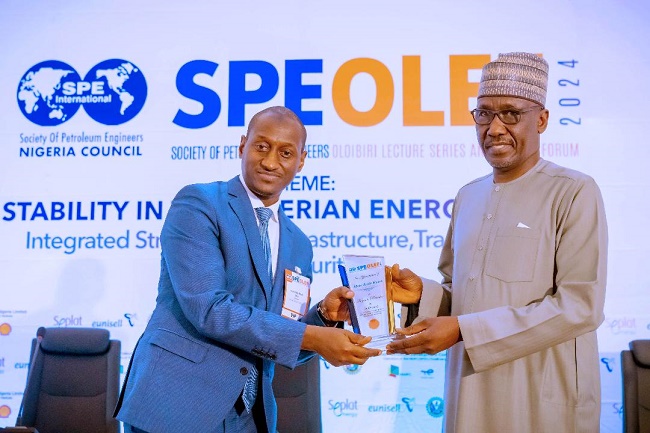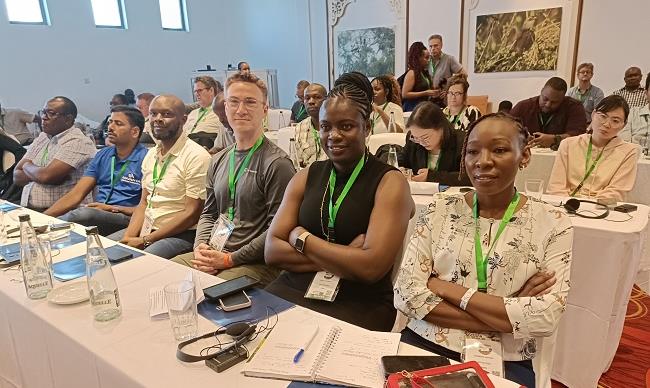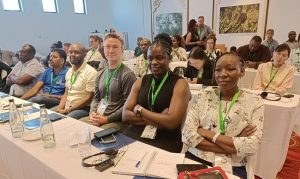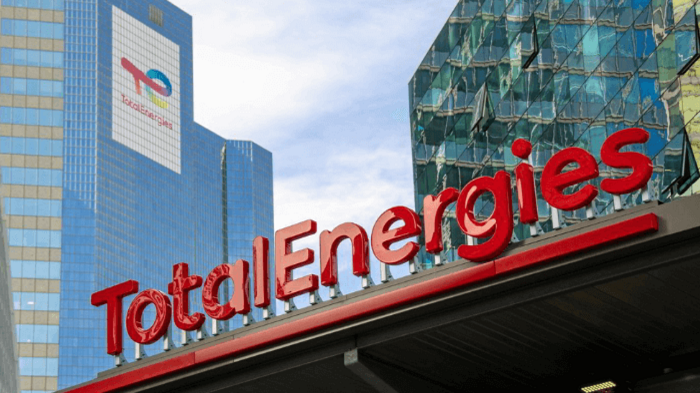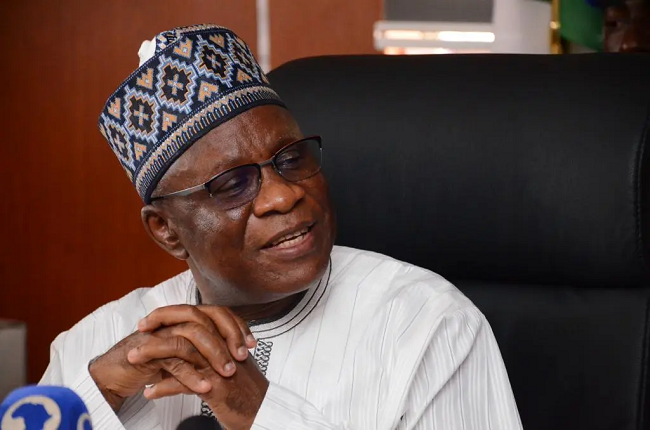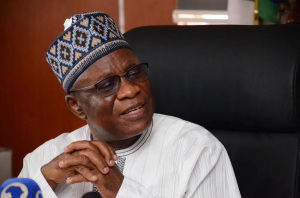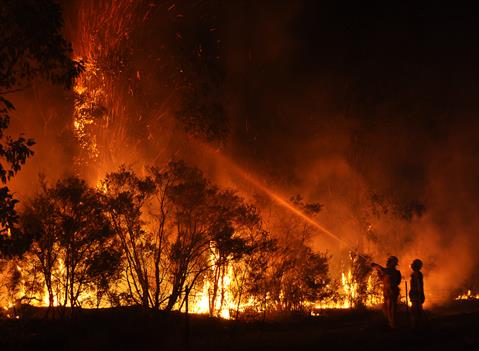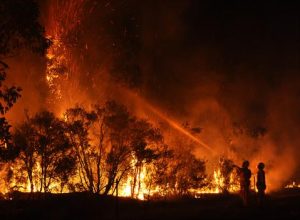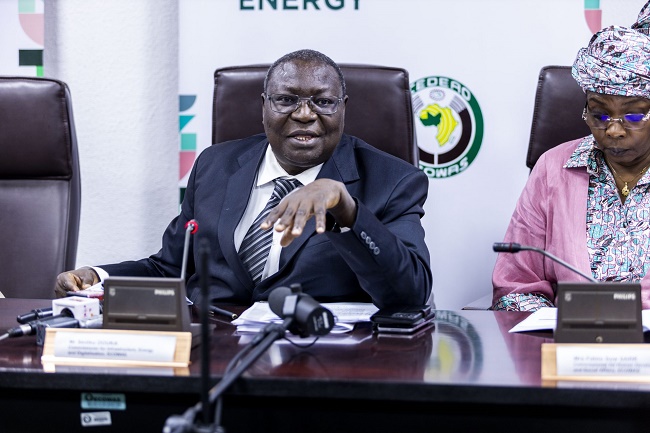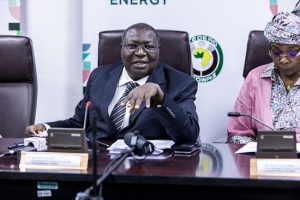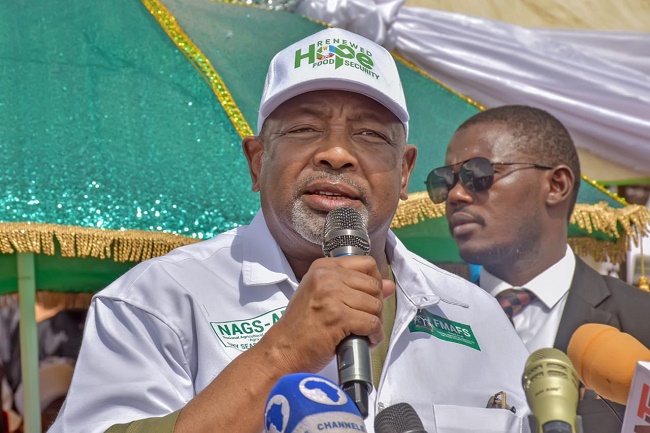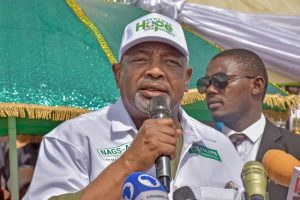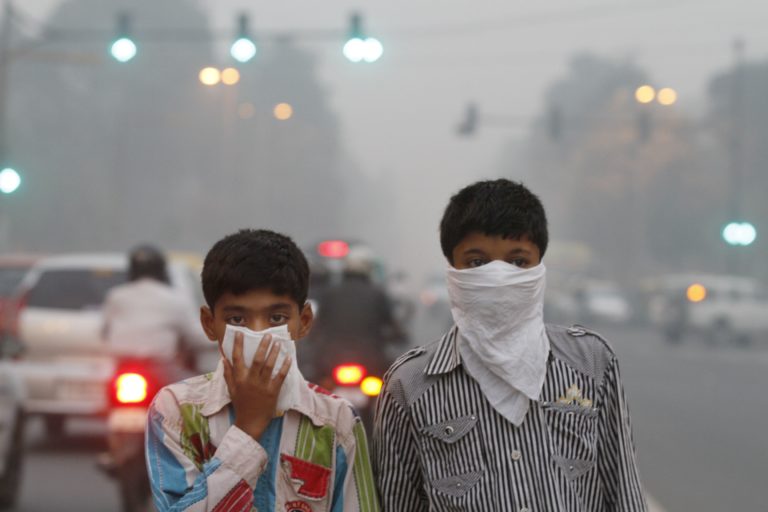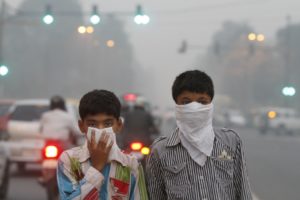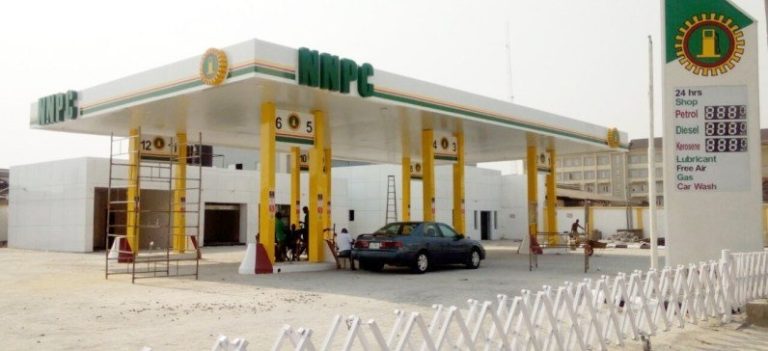The Nigerian National Petroleum Company Limited (NNPC Ltd) has emphasised the critical importance of bridging the energy access gap to the creation of economic prosperity of the country.

The Group Chief Executive Officer of NNPC Ltd, Mr. Mele Kyari, made this submission in a keynote address on industry operations with the theme, “Stability in the Energy Sector: Integrated Strategies for Infrastructure, Transportation and Security,” at the 2024 edition of Society of Petroleum Engineers Oloibiri Lecture Series and Energy Forum (SPE OLEF) held in Abuja, on Thursday, March 28.
To bridge the energy access gap in Nigeria, Kyari said NNPC Ltd was working on developing the right infrastructure to deliver oil and gas to drive prosperity for Nigerians.
“We are committed to developing gas infrastructure across the country,” Kyari stated, stressing that the company’s commitment was not just a statutory requirement of the Petroleum Industry Act, but a pledge to ensure energy security beyond fuel supply.
“We are dedicated to investing in critical infrastructure to enhance economic prosperity by supplying gas to the domestic market, targeting at least 8 billion cubic meters,” Kyari added.
He listed some of the infrastructural projects being undertaken by the NNPC Ltd to help bridge the energy access gap in Nigeria to include the Obiafu/Obrikom/Oben (OB3) and Ajaokuta-Kaduna-Kano (AKK) pipelines, adding that they are designed to enhance the nation’s gas supply network.
On the global front, Kyari said NNPC Ltd was working on expanding gas supply to the international market primarily through the NLNG Train 7 project while efforts were also being made to kick off Train 8 as well as the various floating LNG initiatives.
Kyari called for support in leveraging Nigeria’s abundant gas resources for economic prosperity, emphasising the need to bridge access gaps in electricity and clean cooking fuel.
He assured stakeholders and investors of the support of President Bola Ahmed Tinubu, whom he said is committed to the gas revolution.
Also speaking at the event, Chairperson of the Society of Petroleum Engineers (SPE) Nigeria Council and Head of Asset and Investments Management, NGPIS, Salahuddeen Tahir, emphasised the critical role of energy in modern society, stating: “It’s a trigger for essential services such as transportation, heating, electricity generation, medical services, security, banking services, and communication.”
Tahir said there was need to develop a diversified and sustainable energy transportation system as a measure for mitigating climate change and enhancing energy security.
This year’s edition of the Society of Petroleum Engineers Oloibiri Lecture Series and Energy Forum (SPE OLEF) is the 24th in the series having debuted in 1991. The forum is focused on contributing to Nigeria’s oil and gas industry policy development in commemoration of the first commercial oil discovery in Nigeria by Shell D’Arcy at Oloibiri, Bayelsa State in 1956.

